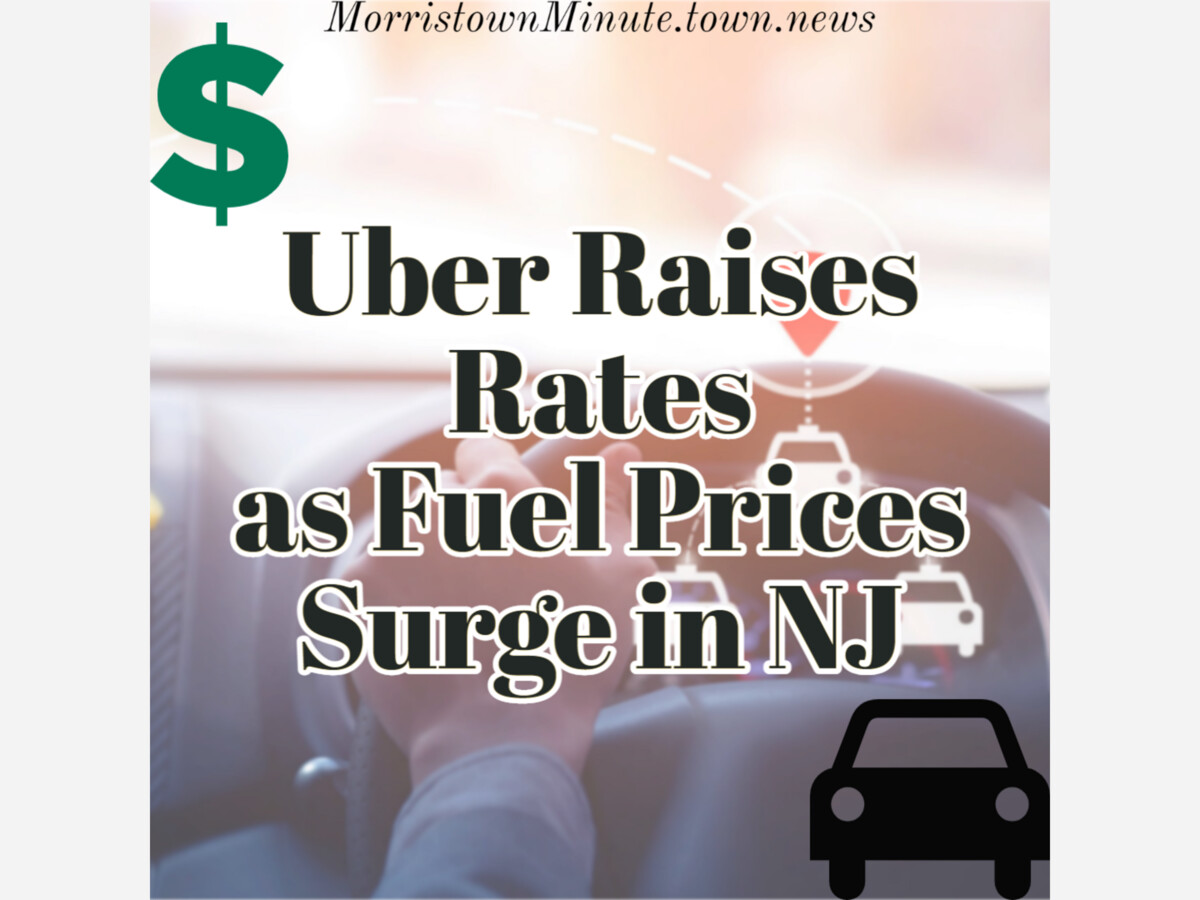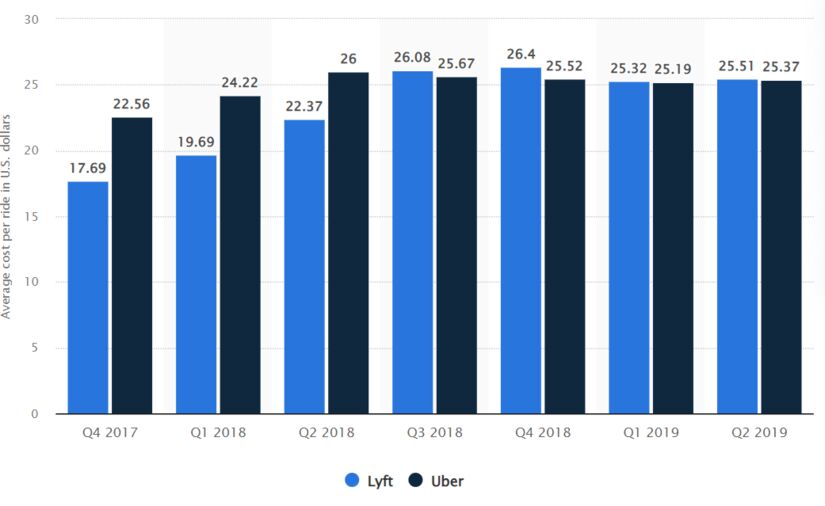Image

Gas prices have been skyrocketing following the disruption of oil markets caused by Putin’s invasion of Ukraine.
Now, your next Uber Trip or Uber Eats order may cost a little more than expected.
Uber announced Friday a temporary fuel surcharge, as drivers feel the effects of rising gas prices. Customers will pay a surcharge of either $0.45 or $0.55 per Uber trip, and either $0.35 or $0.45 per Uber Eats order, depending on the customer's location. 100% of the surcharge will go directly to Uber drivers.
According to a company press release, the fuel price surcharge is a temporary measure and will last 60 days, beginning March 16, after which the company will reassess.
“Drivers who go electric can already enjoy higher earnings potential due to Uber’s Green Future Program, which provides incentives to EV drivers such as $1 more per trip up to $4,000 annually. We’ve also negotiated discounts for drivers on leading EV models and special deals on charging. And our latest partnership with Hertz will make up to 50,000 fully electric Teslas available for eligible drivers to rent by 2023. This is the largest expansion of EVs on a mobility platform in North America, marking another step towards Uber’s zero-emissions goal.” – Uber Press Release
New Jersey has always been an Uber-friendly state, as rideshare drivers in New Jersey earn on average over $20 an hour, the sixth-highest earnings per hour for rideshare drivers in all 50 states.
 average cost per ride of ridesharing services in the United States
average cost per ride of ridesharing services in the United StatesToday, gas prices in New Jersey have risen to an average of $4.335 per gallon. As of 3/14/2022, the highest average gas prices by county in NJ are in Somerset ($4.45), Morris ($4.41), Essex ($4.41), Mercer ($4.38), and Hudson ($4.38).
Uber also announced that trips that start in New York City and orders delivered to customers in NYC are excluded from the fuel surcharge.
“On March 1, drivers in New York City received a 5.3% increase to the city’s mandated minimum earnings standard, which accounts for increased operating costs, and the vast majority of NYC delivery workers use bicycles, not cars.” – Uber Press Release
Follow Morristown Minute on Facebook, Instagram, and Twitter for more local and state updates!